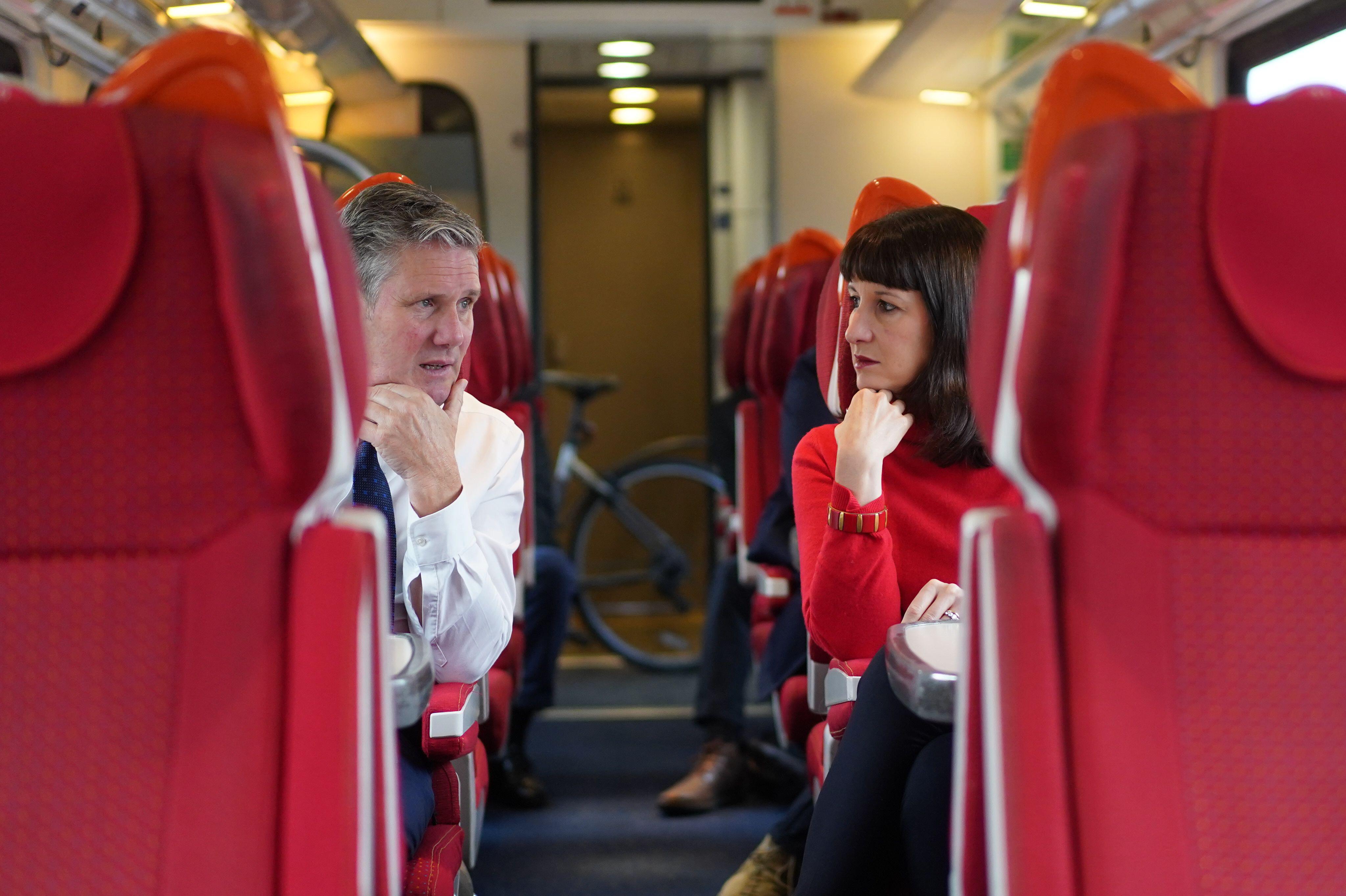Labour can win. Can it deliver?
Labour's cautious campaigning is likely to pay off for Keir Starmer. But his first term must be ten times bolder once in power.
On Wednesday, the prime minister declared that the country would finally see a general election on 4 July.
As all political parties enter snap-campaign mode – and with polls consistently giving the opposition a 20-point lead – all eyes will be on the Labour Party as it prepares to re-enter No.10 after fourteen years in the wilderness.
The question for the party is not whether they can win, it is whether they can deliver. A raft of critical challenges await them. Pitiful wages, degrading public services, and a lack of affordable housing have left the UK a shell of prosperity. Vital infrastructure projects have been cancelled, inflation continues to rise at 2.3 per cent and productivity remains stagnant.
Perhaps things can only get better. But the real test is whether “better” is consequential enough. People don’t just want more money in their pockets. Two successive national insurance tax cuts, introduced by Rishi Sunak’s government, were met with a cold reception. Brits want radical changes to their public services and a country that no longer feels broken. Polling consistently shows that voters want more money invested in their public services over tax cuts. The NHS tops voter priorities, and concerns about the sustainability of other public services are rising. Feeling better off is not just personal, it is societal too.
At present, Labour has promised virtually no new public spending. Any of the offerings that require money – 40,000 more NHS appointments, for example – will be paid for by a clampdown on non-doms and the abolition of VAT on private schools. Change, they say, will mainly be reaped through reform and pragmatic economic growth.
The problem is that economic growth takes time, and the country’s problems are urgent. The NHS, universities and local councils are on the brink. Money is needed – and fast.
Reform can be slow, too. However, Labour's offering includes some quietly radical proposals that could be consequential. Reforming the planning system could generate revenue for local councils and replenish housing stock, while worker’s rights reforms could improve the lives and productivity of millions
But these policies didn’t even make it into Starmer’s speech setting out his first steps. Labour’s insistence on consensus amongst business and vested interests risks slowing down its proposals during the crucial early stages. The party must not let caution stop them.
Without spending and rapid change, Labour could be in danger. The country is out of patience. In five years, it will go to the polls again. Lest the party deliver the tangible change it promised, voters may once again turn their backs on it.
The Lead is now on Substack.
Become a Member, and get our most groundbreaking content first. Become a Founder, and join the newsroom’s internal conversation - meet the writers, the editors and more.





